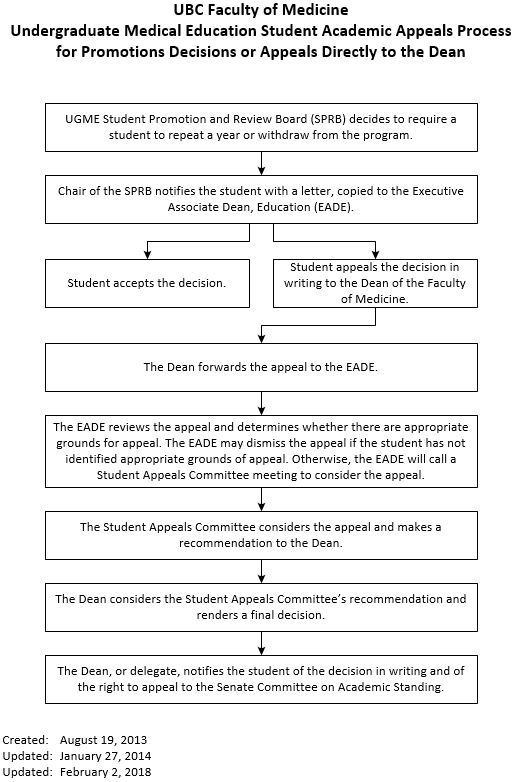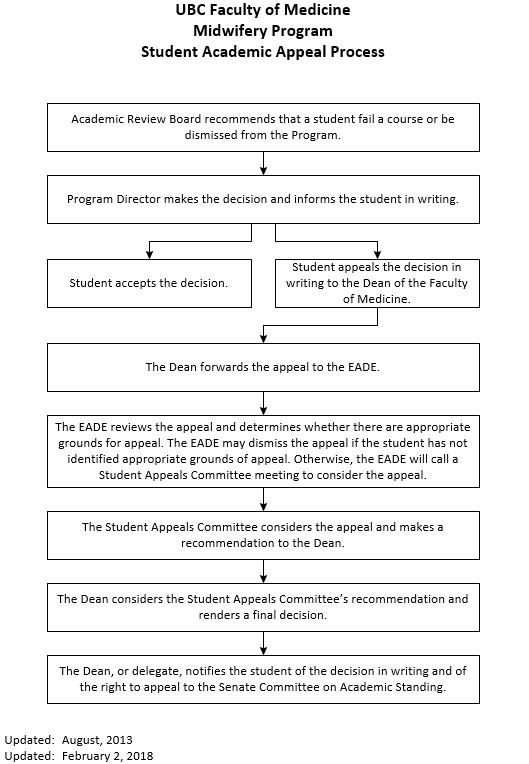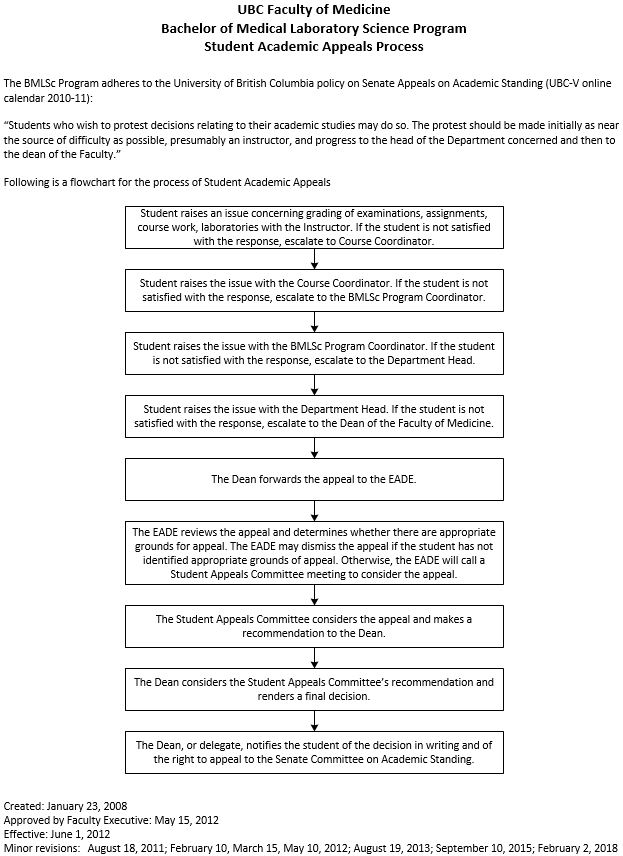Purpose and Authority
The purpose of this advisory council is to:
- Advise the Dean, UBC Faculty of Medicine (FoM) and the President, Medical Alumni Association (MAA) on the operation, maintenance, and development of social, recreational facilities for students, residents (trainees), and graduates of the UBC FoM, based on input from all stakeholders of the Medical Student and Alumni Centres (MSACs).
- Support discussions with Health Authorities, students, trainees, alumni, the University, and other funding sources with the objective of equitable provision and maintenance of social and recreational facilities and lounges at designated FoM educational sites for students, residents, and alumni.
Composition
This advisory council is made up of ex officio and appointed members.
The Faculty of Medicine’s and the MAA’s commitment to equitable and diverse membership on its committees and advisory councils guides its nomination and selection process.
Ex-officio
- Dean, Faculty of Medicine, or delegate (1)
- Regional Associate Dean, Interior (1)
- Regional Associate Dean, Northern BC (1)
- Regional Associate Dean, Vancouver Fraser (1)
- Regional Associate Dean, Vancouver Island (1)
- Associate Dean, Fraser (1)
- Associate Director, Alumni Engagement (1)
- Operations and Events Manager, MSACs (1)
- President, Medical Alumni Association (1)
- Past President, Medical Alumni Association (1)
- President, Medical Undergraduate Society (1)
- Past President, Medical Undergraduate Society (1)
- Current MUS Faculty Advisor(s) (1 or 2)
- MSAC Advisor, MAA Board (1)
- Resident Representative, MAA Board (1)
- Site Leads, MUS (3)
- Alumni Representatives, MAA Board from Fraser, Interior, Northern BC, Vancouver, and Vancouver Island (5)
Appointed
- Up to 2 advisors from the UBC MD Alumni Community (0-2)
Guests may be invited to join specific meetings or portions of specific meetings at the chair’s discretion.
Appointment Process
Ex officio members are members by virtue of their administrative appointment.
Appointed members are appointed by consensus between the Dean, UBC FoM and the President, MAA through the annual process initiated by the Dean’s Office.
Term
Ex officio members are members as long as they hold their administrative appointment.
Appointed members are members for a two-year term and are eligible for up to three renewals.
Chair
The chair will be appointed by consensus between the Dean, UBC FoM and the President, MAA from the ex officio membership. In the case where consensus cannot be reached, the advisory council will vote to elect a chair.
Meeting Schedule and Administration
Usually meets approximately twice a year, or up to every quarter as needed, and at the call of the chair.
The Operations and Events Manager, MSACs, will capture meeting minutes. Minutes will be circulated to all members.
Records will be maintained in accordance with UBC and Faculty of Medicine records retention procedures.
Quorum and Decision Making Process
Meetings will normally be cancelled if fewer than half of members can attend.
This advisory council provides advice based on the input of all members. Members typically reach consensus on that advice, but may convey multiple perspectives if consensus does not emerge.
Although the advisory council does not make formal decisions, the chair may call a vote to further clarify the advice the council is providing. Notwithstanding the outcome of a vote, differing perspectives are also recognized as part of the advice for consideration.
Lines of Accountability and Communication
This advisory council:
- Provides advice to the Dean, UBC FoM (or delegate) on issues relating to the UBC FoM and to the President, MAA on issues relating to the MAA.
- Provides an annual report to the Dean, UBC FoM and to the President, MAA.
- Provides support and counsel to the Operations and Events Manager, MSACs.
Representatives of this advisory council liaise with other academic and administrative committees and advisory councils, as needed.
Responsibilities
This advisory council:
- Gathers feedback from stakeholders, in particular students, trainees, and alumni of the UBC FoM, regarding the MSACs.
- Provides advice based on that feedback in order to support the ongoing, effective, and efficient functioning of social and recreational facilities for medical students, trainees, and alumni use at each medical program site.
- Balances risks and opportunities when providing advice to the Dean, UBC FoM and the President, MAA.
- Maintains awareness of evolving MSACs user needs.
- Provides advice on identification and resolution of issues that impede effective service delivery.
- Provides advice regarding the prioritization of major initiatives related to MSACs.
- Reviews its terms of reference on an annual basis and recommends changes to the Dean, UBC FoM and the President, MAA.
Approval
This version of these terms of reference has been endorsed by the MSAC Advisory Council on January 15, 2019. It has been approved by the Dean, UBC Faculty of Medicine and the President, UBC Medical Alumni Association on February 27, 2019.
Version History
- The conceptual MSAC management structure including the original version of this body was approved by Faculty Executive on October 15, 2002.


